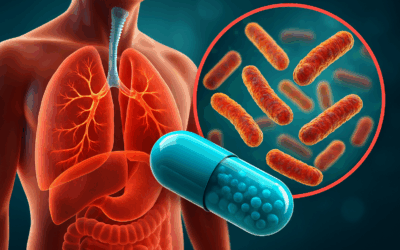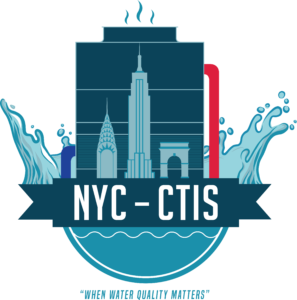Apparently, NJ state receives approximately 250 to 350 reports of Legionnaires’ disease each year. Legionnaires’ disease is a type of pneumonia (lung infection) caused by bacteria called Legionella. People can contract Legionnaires’ disease by breathing in aerosolized (small droplets) water containing Legionella bacteria.











